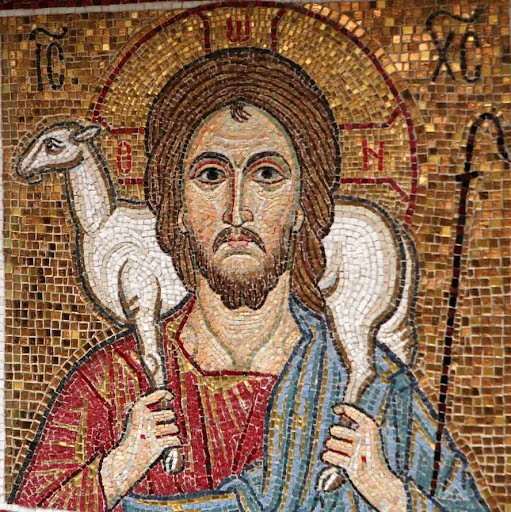The Holy Sacrament of Confession is the act through which one acknowledges all that constitutes sin, i.e., a wrongful action, word, or thought. The word sin means missing the target, or the purpose of life for which God created man. That purpose is eternal and unbreakable communion of life with God and others in love. All of God’s commandments, starting with the Ten Commandments, as well as Christ’s teachings and commandments in the New Testament, aim to guide man on a path whose goal is love, which, according to the Apostle Paul, is the bond of perfection. A life not in accordance with the Gospel of Christ is, in its essence, sinful, i.e., missed. Therefore, very often, even if someone seems to live a moral life, it does not mean that it is in line with the morality and virtue that the Gospel preaches.
Man’s understanding and realization that various actions in life represent a heavy burden, destroy him from within, and ruin his relationships with people and, ultimately, with God, is what we would call repentance. Repentance is recognizing that actions in life, or at some period of life, are mistakes that discredit us and pull us down, and the simultaneous desire for fundamental change. It is a willingness to face the weaknesses and sins present in us, to accept that they are part of someone’s personality, and not to try to justify them. From a Christian perspective, this is impossible without God’s grace, or without the awareness that God exists and calls us to Himself with the desire to free us from all distress and suffering.
Confession before another, i.e., a priest, of all bad and sinful actions, words, or deeds is called confession. It is a visible manifestation of repentance that occurs in a person with the desire to rid himself of the evil and sin within him. Repentance is a voluntary acceptance of guilt and condemning oneself before God as the Judge with deep hope in His mercy, goodness, and love. The magnificence and incomprehensibility of the Holy Sacrament of Confession lie in the fact that instead of being condemned for one’s deeds, as our logic dictates, one is, contrary to this, freed because the Son of God, the Lord Jesus Christ, took upon Himself all our iniquities and justified us once and for all through His salvific suffering on Golgotha. Only in Christ can a person be reborn through repentance and, based on Christ’s righteousness and love, be justified and restored to the dignity of the freedom of God’s children. Man is restored to communion with God, and this communion is, in fact, the Holy Liturgy and the opportunity to share life with God through the Holy Communion.
The Holy Sacrament of Confession is performed in churches almost constantly. The best way is for a person to prepare for confession through fasting, prayer, and reading the Holy Scriptures, and if they have never confessed before, to consult with their parish priest and arrange when they will confess.
In the Church of Saint Mark the Evangelist, the Holy Sacrament of Confession is performed daily during the evening service.
